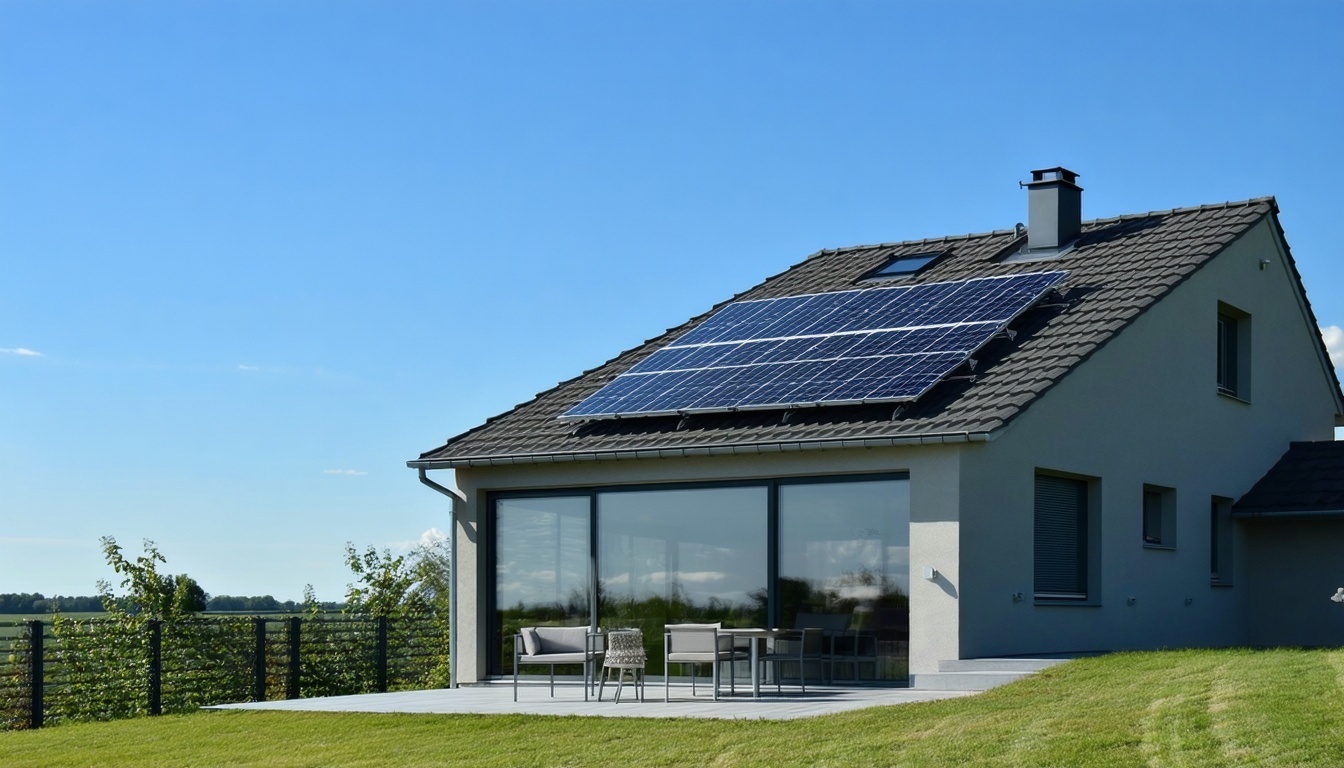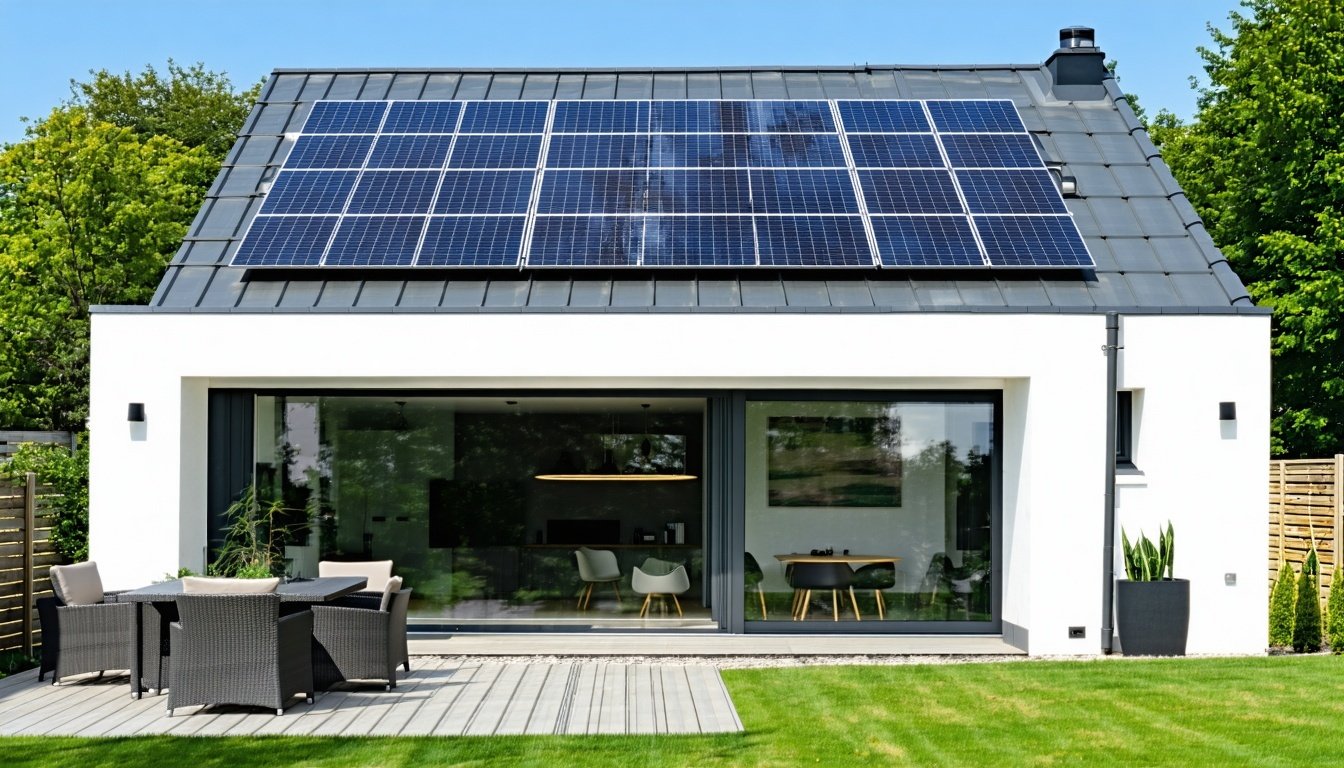Discover how to select the best hot water system to enhance energy efficiency in your home.
Understanding Different Types of Hot Water Systems
Choosing the right hot water system is crucial for energy efficiency and comfort in your home. There are several types of hot water systems available, each with its benefits and drawbacks. These include storage tank systems, continuous flow or instantaneous systems, heat pump systems and solar hot water systems.
Storage tank systems are the most common and store hot water in a tank for use on demand. Continuous flow systems heat the water as needed, eliminating the need for a storage tank. Heat pump systems use electricity to move heat from the air or ground to heat water, making them highly efficient. Solar hot water systems harness solar energy to heat water, significantly reducing energy costs and environmental impact.
Assessing Your Home's Hot Water Needs
To select the ideal hot water system, you need to assess your home's specific hot water needs. Consider factors such as the number of occupants, daily hot water usage and peak usage times. Larger households or those with high hot water demands may benefit from a storage tank system or a continuous flow system with a higher flow rate.
Additionally, consider the space available for installation, the local climate and whether your home has access to natural gas or electricity. These factors will influence the type of system that best suits your needs and ensures a consistent supply of hot water.
Energy Efficiency and Environmental Impact
Energy efficiency is a critical factor in selecting a hot water system, as it directly affects your energy bills and environmental footprint. Heat pump and solar hot water systems are the most energy-efficient options, reducing reliance on fossil fuels and lowering greenhouse gas emissions.
Continuous flow systems are also efficient, as they only heat water when needed, minimising energy waste. When evaluating systems, consider their energy efficiency ratings, such as the star rating system used in Australia to compare the performance of different models.
Cost Considerations and Long-Term Savings
While the upfront cost of a hot water system is important, it's essential to consider long-term savings and operating costs. Energy-efficient systems, such as heat pumps and solar hot water systems, may have higher initial costs but offer significant savings on energy bills over time.
Additionally, government rebates and incentives may be available for installing energy-efficient systems, further reducing the overall cost. When planning your budget, factor in installation costs, maintenance and potential repairs to get a comprehensive view of the system's long-term financial impact.
Professional Installation and Maintenance Tips
Professional installation is crucial to ensure the safe and efficient operation of your hot water system. Certified Energy can guide you through the process, helping you choose the right system and ensuring it meets all compliance and safety standards.
Regular maintenance is also essential to keep your system running smoothly and extend its lifespan. Schedule periodic inspections and servicing, clean or replace filters and check for any signs of wear or leaks. Proper maintenance can prevent costly repairs and ensure your system operates at peak efficiency.







